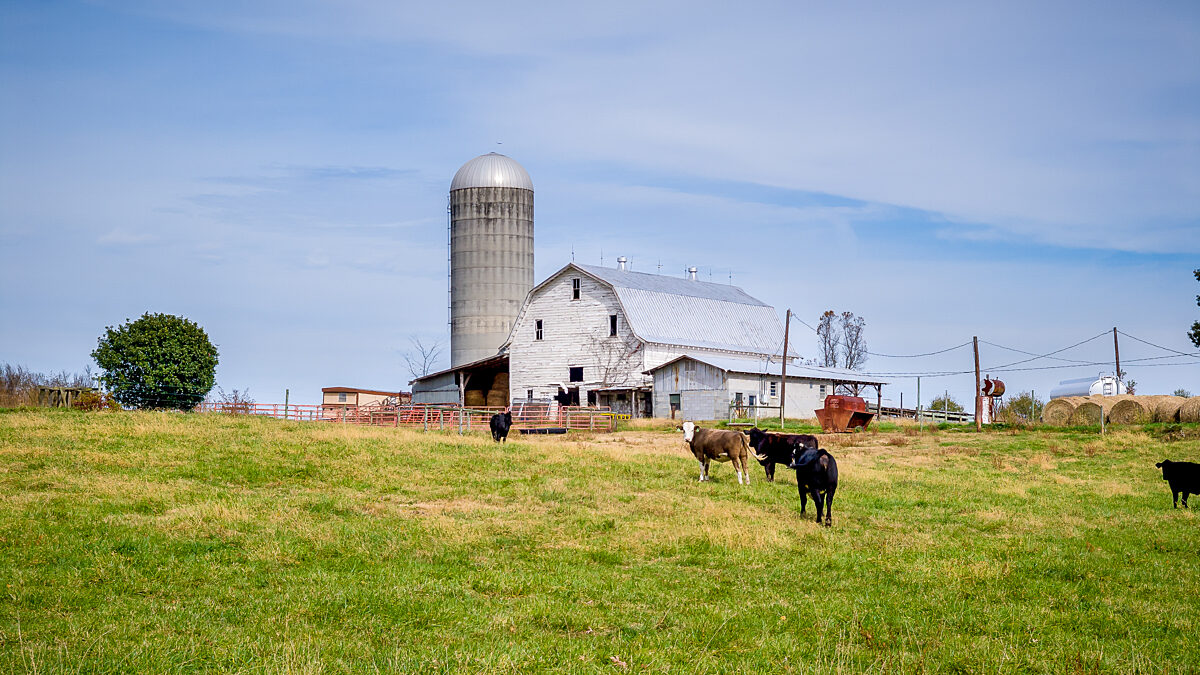We Cannot Afford Congressional Inaction on the Farm Bill
TOPICS
Farm BillZippy Duvall
President

photo credit: North Carolina Farm Bureau, Used with Permission
Zippy Duvall
President
Time is running out for Congress to pass a modernized farm bill this year. Families—on and off the farm—cannot afford a delay. As members of Congress return home for the August recess, we all need to share with them how important this legislation is for our country. Americans in every region, every state, every small town and every big city are counting on our farmers and ranchers to keep our nation’s food supply secure—and we’re counting on Congress to deliver a farm bill so that we can do just that.
In May of this year, Chairman G.T. Thompson and members of the House Agriculture Committee successfully marked up a bipartisan farm bill that modernizes risk management tools for farmers. Unfortunately, the Senate has been incapable of building on this progress. The American Farm Bureau recently rallied more than 500 groups representing a wide range of agricultural interests and beyond. Together, we sent a unified message to House and Senate leadership with a letter calling on Congress to pass a farm bill this year. Many of the groups that signed this letter have differing farm bill priorities, but we came together and spoke with one voice to demonstrate the urgency and importance of passing a new farm bill.
Families in cities, suburbs, and rural towns across the country are counting on lawmakers to deliver a modernized farm bill to keep our food supply secure and sustainable.
As I have said many times now, the farm bill is more accurately a food and farm bill, and it impacts all Americans. A new, modernized farm bill was urgent when we began calling for it early last year, and that urgency has only intensified as costs continue to rise for everyone. Inflation and food affordability are top of mind for most voters right now, according to our latest research. More than 80% of adults, across urban, suburban and rural areas, are concerned about these rising costs.
As we know across farm country, higher food costs don’t mean a higher return on the farm. Most farmers continue to face slim margins at best. While costs are up, farm bill programs and risk management tools have not kept up to ensure farmers can weather the storms, which threaten to drive them out of business. In the last five years, 141,000 family farms have gone under due to economic pressures, changing circumstances and regulatory burdens. The time is now, not next year, to renew and improve risk management programs.
A lot can change in a short time, and a lot has. Since the last farm bill was passed and signed in 2018, we have seen a dramatic shift in the economy—both at home and abroad. From a pandemic to major conflicts overseas, our supply chain is stretched, and costs have gone up for everything from seeds to fuel to labor. Leaving the farm bill outdated places American farms at risk. And with 7% fewer farms in the U.S. since the last time a farm bill was passed, that’s a risk none of us can afford take.
The shrinking landscape of American agriculture should concern everyone—and our research shows that it does. An overwhelming majority (80%) agree that farmers should have access to critical risk management tools to ensure the stability of our food supply. Urban, suburban and rural adults alike want lawmakers to support and promote the economic sustainability of farms and ranches. Add to that, the majority of adults (76%) believe that ensuring our nation has reliable access to domestically grown food should be a matter of national security in light of current global unrest.
We may have our differences, but we can all agree that the farm bill matters for our country. It’s time for Congress to listen to what voters in every region are saying. Stop delaying. Families in cities, suburbs, and rural towns across the country are counting on lawmakers to deliver a modernized farm bill to keep our food supply secure and sustainable.
Top Issues
VIEW ALL